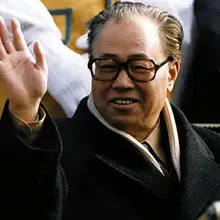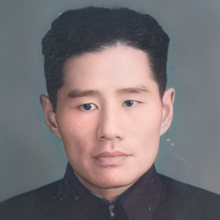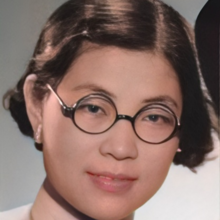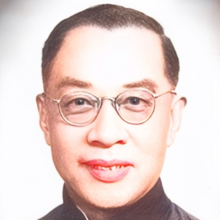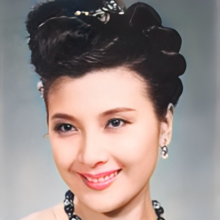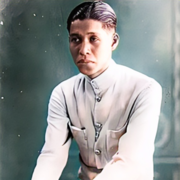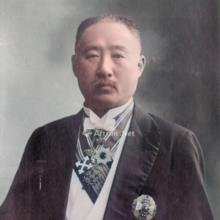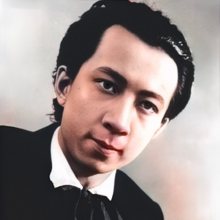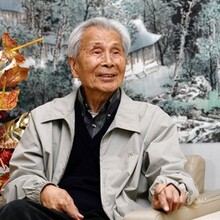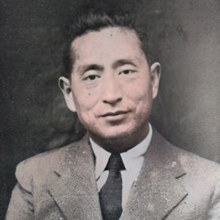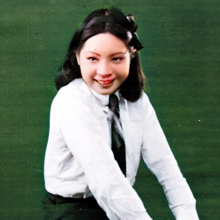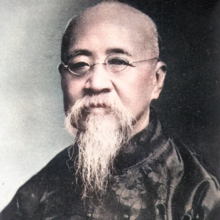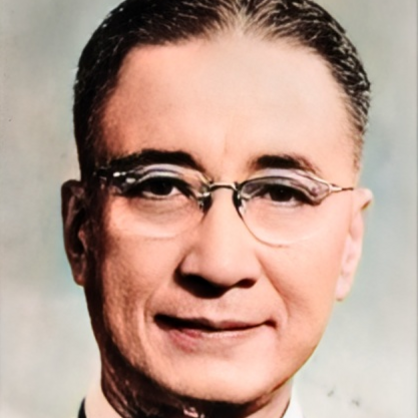
Personal
Other names:
Job / Known for:
Film director and screenwriter
Left traces:
Created milestone films such
Born
Date:
1906-01-12
Location:
CN
Shanghai
Died
Date:
1968-07-15 (aged 62)
Resting place:
CN
Babaoshan Revolutionary Cemetery, Beijing
Death Cause:
Persecuted during the Cultural Revolution
Family
Spouse:
Zhang Ruifang
Children:
Cai Xiaoyu, Cai Xiaoying, Cai Xiaoyan
Parent(s):
Cai Xiangsheng, Liang Shuying
QR Code:
Show More
Rank
Users ranking to :
Thanks, you rate star
Ranking
5.0
1
About me / Bio:
Show More
Article for Cai Chusheng
Died profile like Cai Chusheng
Comments:

